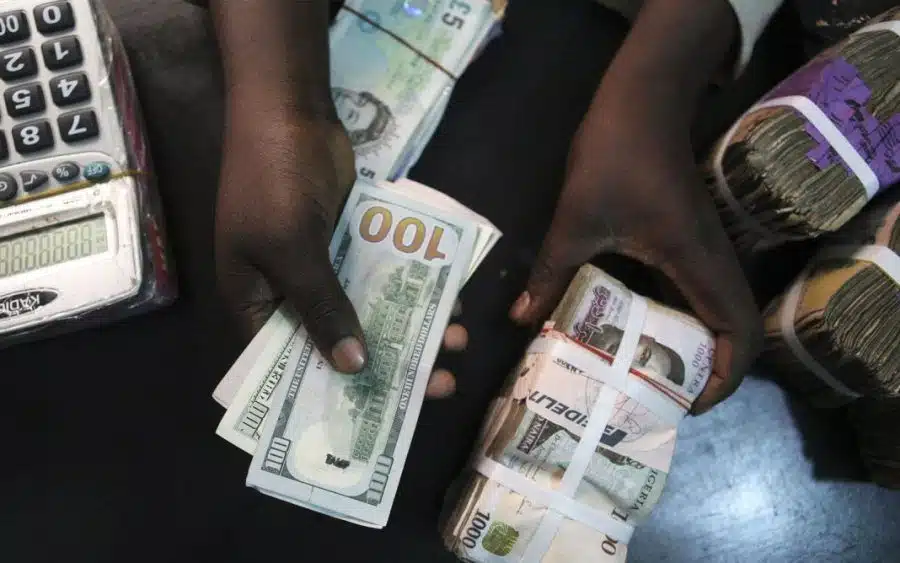Last week, as if to announce the official exit from the forex crisis that has plagued Nigeria’s economy since June 2023 after the unification of the multiple segments of the foreign exchange market, Nigeria’s Central Bank released the country’s net external reserve position.
According to the CBN, net external reserves rose from $3.99 billion at the end of 2023 to $23 billion by the end of 2024, representing an increase of $19 billion- the highest in two years. Furthermore, the apex bank disclosed that the improved net foreign reserve position stems from a reduction in short-term FX liabilities like swaps and forwards.
In the words of the CBN Governor, Mr. Olayemi Cardoso, “This improvement in our net reserves is not accidental; it is the outcome of deliberate policy choices aimed at rebuilding confidence, reducing vulnerabilities, and laying the foundation for long-term stability.”
Beyond improvement in the net external reserve position, Nigeria’s gross external reserve has also increased significantly from around $33 billion at the beginning of 2024 to end the year at $40 billion.
While these have brought confidence in the Naira, long-term stability has eluded Nigeria’s currency’s performance in years. In the first quarter of the year, the Naira exchanged between N1,474/$ and N1,555/$ according to NFEM figures published by the CBN.
However, that was the period when Brent crude traded around $75 and $69 per barrel on the international market.
In the last few days, crude oil prices in the international market have nosedived to a three-year low at $60 per barrel from the rollout of President Trump’s reciprocal tariffs and plans by the Organisation of Petroleum Exporting Countries (OPEC+) to increase production later in the year. While Brent crude has shed 12% of its price in April so far, U.S West Texas Intermediate crude has seen more battering, sliding more than 10% to below $60 per barrel.
The result of this on the exchange rate situation in Nigeria has been swift- the Naira closed at N1,569 on April 3rd- the highest in the year. Since then, the Naira has depreciated to its lowest rate since December, 2024. On Tuesday, the Naira saw a meagre appreciation to N1,615 but that is a far cry from the position it started the year with.
The reaction of the CBN to the recent volatility in the Naira has been to provide additional liquidity to the tune of $197.7 million to authorised dealers in the country. This support mirrors the actions of the CBN at this time last year when the exchange rate tumbled from being the best-performing in the world to the worst-performing in one month.
Assumptions of 2025 budget threatened
Perhaps, it’s time to realise the country’s recurring FX crisis is beyond the remedy of the CBN and lies with the fiscal authorities in the Ministries of Finance, Budget and Planning.
The core assumptions of the 2025 budget will have to be reworked to fit into new realities occasioned by OPEC+ decision and that of the United States’ President. For example, the crude oil production benchmark of 2 million bpd contradicts the realities of last year when average daily production did not exceed 1.6 million as per data from OPEC. Even the exchange rate projected then at N1,500 has been threatened by the latest realities.
Furthermore, the budget assumed crude oil price at $75 per barrel. With Brent crude hovering around $60 per barrel, we need no sage to explain the weak depreciation in the Naira and the FX crisis Nigeria finds itself if the current slump in the crude oil market lingers on.







